Research
At the IOR, research aims at improving our understanding of human cancer, a disease that greatly impacts peoples' lives around the world.
Our interests are focused on the genetics and the biology of cancer with a major emphasis on lymphomas and epithelial cancers, like prostate, breast and ovarian cancer. These studies aim to clarify the molecular mechanisms involved in the initiation and progression of human cancers and to shed light on the critical cellular regulatory processes.
Since the ultimate objective is the improvement of the cure of patients affected by cancers, it is important to translate results of basic research into development of novel diagnostic, prognostic and therapeutic approaches.
Currently, there are 8 research groups active at the IOR and about 100 researchers. Research activities are formally organized into two main research programs:
- the Tumor Biology and Experimental Therapeutics Research Program, dedicated to solid tumors, such as prostate, breast and ovarian cancer;
- and the Lymphoma and Genomics Research Program, dealing with hematological neoplasias and lymphomas in particular.
Researchers working in both programs integrate biological, genomics and molecular approaches with preclinical and translational studies to understand the disease and identify new treatment strategies.
In particular, the Lymphoma and Genomics Research Program focuses on the identification of factors sustaining the development of these diseases to better understand their biology and to improve the management of the patients via better and novel therapies and diagnostic approaches.
The Tumor Biology and Experimental Therapeutics Research Program instead, focuses on solid tumors and conducting fundamental research using multiple experimental models to study cancer pathogenesis, tumor progression and metastasis, the interactions with the tumor microenvironment and immune system, new therapeutic targets, and the basis of treatment efficacy or failure. A shared interest between the IOR researchers is to derive information that might improve the clinical management of cancer patients by discovering better prognostic and therapeutic indicators and novel therapeutic strategies.
Despite this team distinction, there is constant overlap and crossover of initiatives among the teams and within the two programs, as shown by the growing number of joint publications and funding requests. Indeed, there is an important continuity of the efforts among researchers at the IOR with the common intent to integrate diverse methods and disciplines, such as biology, biochemistry, pharmacology, molecular oncology, genetics and genomics. Common objectives are the acquisition of new knowledge of the mechanisms underlying cancer development and the discovery of new diagnostic approaches and therapeutic strategies.
Both Programs investigators collaborate closely with many clinical investigators at the IOSI-EOC to ensure the rapid transfer of any new knowledge into the clinics.




